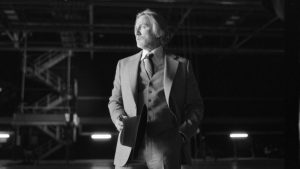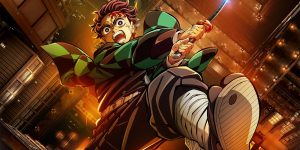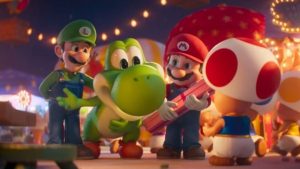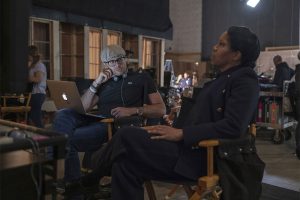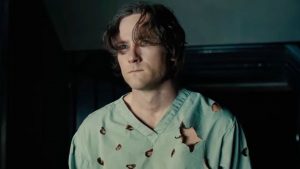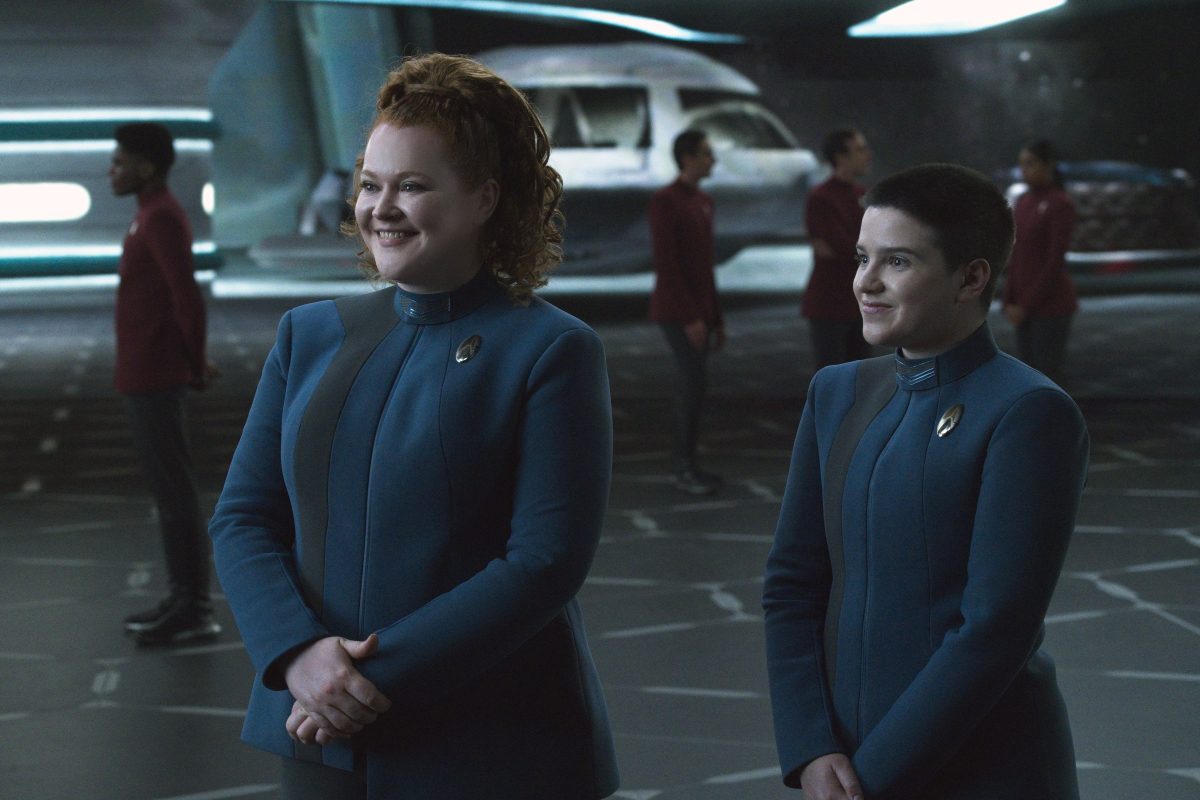
In the Star Trek: Discovery episode “Labyrinths,” Captain Michael Burnham finds herself trapped in a puzzle inside her mind, all part of a test to uncover the location of a powerful artifact. Realizing that the labyrinth reflects her personality, Burnham confesses a fear of failure that has been plaguing her. The cathartic sharing unlocks the puzzle, giving her the last bit of information that she needs to find the artifact.
For Discovery‘s critics, the solution to “Labyrinths” represents the show at its worst. Instead of using logic or maneuvers to solve the problem, Burnham gets in touch with her feelings. These sort of weepy moments have been a mainstay of Discovery, and often carry over into other modern Star Trek shows, including Picard and Strange New Worlds.
Some (well, mostly just me) have argued that Discovery tries, with mixed success, to position emotional intelligence as a viable problem-solving technique. It’s all part of Discovery‘s strange position as more of an experimental take on Star Trek than a mainline show. However, the upcoming Discovery spin-off series Star Trek: Starfleet Academy must abandon the emphasis on emotion.
The Seriousness of Starfleet Academy
Ex Astris, Scientia, reads the Starfleet Academy motto, a phrase that means “from the stars, knowledge.” The motto captures the primary lesson that cadets learn while preparing to become Starfleet officers. Whatever first drew them to the service, be it a sense of adventure or desire for glory, those who graduate understand that Starfleet exists to pursue knowledge.
To be certain, this goal does not preclude emotional moments, as demonstrated in some of the most famous stories with Academy connections. In “Shore Leave” from season one of The Original Series, Kirk reunites with Finnegan, a boisterous jerk he knew from the Academy. At the climax of his story, Kirk punches out Finnegan, only to discover that the old mate and all of the other strange sightings have been conjured by a powerful being who lets them live out their fantasies.
Whenever characters in The Next Generation or beyond recall their time in the Academy, the wise and kind groundkeeper Boothby plays a major role. Janeway distinguishes between the real Boothby and an alien imposter in the Voyager season five episode “In the Flesh” because the stand-in is cruel with his emotion, as opposed to the sweet man who brought her flowers. Later in that same season, Chakotay conjures a mental projection of Boothby to help him ward off psychic invaders, imagining his old mentor as a boxing manager who inspires him to fight back.
In each of these examples, Starfleet personnel filter their feelings through their days at Starfleet — even Kirk, for whom beating up an old bully is a form of rest and relaxation. But crucially, the emotion must be worked through during their time at the Academy, before entering Starfleet.
Learning to Lose… and Like It
Dealing with emotions is a crucial part of the two most important stories about Starfleet Academy.
That’s a key part of the Academy’s most famous assignment, the Kobayashi Maru. First seen in Star Trek II: The Wrath of Khan, the Kobayashi Maru is a training simulation that poses an impossible situation. Taking the role of crew members, the cadets receive a call from a disabled ship within Klingon space. If they rescue the ship, they’ll violate Klingon sovereignty and start a war. If they don’t rescue the ship, then its crew will die.
As Spock explains after his protege Saavik takes the test, the Kobayashi Maru exists to teach future members of Starfleet what it’s like to fail. Or, to put it another way, the test teaches cadets how to manage their emotions. It allows them to feel something, including anger and frustration and even sadness over a no-win scenario. But it also teaches them to put their emotion in the proper place and to hold to the mission, whatever it may be.
That same lesson is the one that Picard imparts upon Wesley in the standout TNG episode “The First Duty.” Written by Ronald D. Moore and Naren Shankar and directed by Paul Lynch, “The First Duty” catches up with Wesley after the young genius leaves the Enterprise to study at the Starfleet Academy. Wesley has been caught up in scandal involving the death of a fellow cadet, both members of a group called Nova Squadron.
Under the influence of the charismatic Tom Paris Nicholas Locarno, Wesley and the other members of Nova Squad performed a dangerous starburst maneuver, which cost their classmate his life. When Picard realizes that Wesley has been lying about the maneuver to protect Locarno and himself, he reads the boy the riot act.
“The first duty of every Starfleet officer is to the truth, whether it’s scientific truth or historical truth or personal truth!” commands Picard. “It is the guiding principle on which Starfleet is based, and if you can’t find it within yourself to stand up and tell the truth about what happened, you don’t deserve to wear that uniform.”
Picard’s statements don’t ignore the validity of Wesley’s feelings. But they put them into the proper context, as subordinate to the truth. True, that truth can sometimes be emotional, and Guinan knowns that Picard spends a lot of time learning how to admit his feelings. However, feelings are not an end to themselves in Starfleet. And they certainly don’t take precedence over the search for the truth.
The First Duty in the 32nd Century
Starfleet Academy will take place in the 32nd Century, with a newly re-established school that opened after the reconstruction of the United Federation of Planets. Star Trek: Discovery has largely thrived after moving 900 years into the future, and this different timeline has given the series a lot of latitude to do things differently than other Trek shows.
However, by reopening the Academy, Discovery is also linking back to the past of Starfleet, which means that they also need to include the standards that made the institution the best of the best. The Academy must teach give them the skills to be excellent pilots, engineers, and scientists. It must teach them how to think critically and to explore problems from multiple perspectives.
The first duty of Starfleet Academy will be showing how people work through their emotions, not how to make feelings the one defining mode of problem solving.
The post Starfleet Academy Needs to Ditch Modern Star Trek’s Defining Trope appeared first on Den of Geek.


